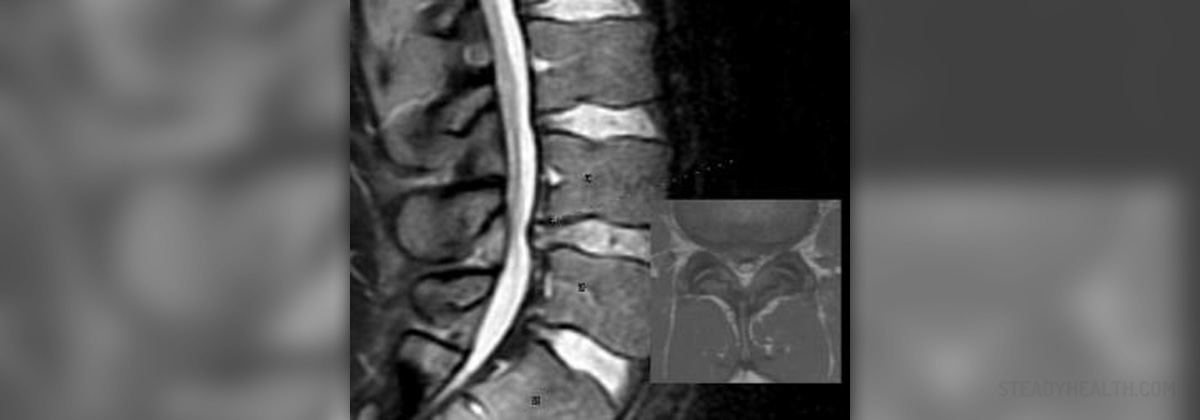
Bulging disc, also known as herniated disc, is a condition which features with protrusion of the vertebral disc into the spinal canal. Normally, the vertebrae are cushioned by spongy discs. These discs play role of shock absorbers and provide spinal flexibility. However, structural disc damage may eventually cause its bulging. Disc herniation may affect any segment of the spine. Still it most frequently affects lumbar spine while cervical and thoracic spine are less affected.
Causes of Bulging Disc
Numerous factors, diseases and injuries are connected with bulging disc. Wear and tear of the disc is the most common causes of its bulging. These pathological processes are closely related to process of aging. In older people disc hardens and is prone to rupture and other structural changes.
Another cause of bulging disc is injury to the spine. Trauma leads to tears and cracks in the outer layer of the disc and its content may protrude into the spinal canal.
Symptoms of Bulging Disc
Bulging disc may compress spinal nerves and lead to a variety of symptoms. The symptoms of disc herniation basically depend on which level of the spine has been affected and the degree of protrusion. Compressed spine causes pain in the area innervated by these nerves. The mentioned area is also numb and weak. In case of disc herniation in the lumbar spine one experiences pain and numbness of the buttock and in severe cases numbness of the entire lower extremity. The protrusion of the disc may not compress the spinal nerves so they do not suffer from any symptoms. In more severe cases, bulging disc in the lumbar area may lead to loss of bladder and bowel control.
Diagnosing Bulging Disc
The doctor asks the patient about the symptoms, performs examination and pays specific attention to neurological examination. Neurological examination will give excellent insight in possible damage of the spinal nerves. CT scan and MRI confirm the diagnosis of disc herniation.
Treatment for Bulging Disc
Symptoms caused by bulging disc usually withdraw spontaneously within few weeks or months. The treatment includes bed rest only for patients with severe pain. Walking and light activity is allowed and these activities may help in maintenance of strong muscles. Physical therapy is performed after consultation with physical therapist. Once they are given certain guidelines patients can do exercises at home. Pain and swelling caused by bulging disc are brought under control by different medications. Surgery for bulging disc is left only for patients who do not respond to conservative therapy and those with serious neurological deficit.


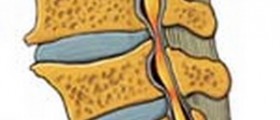
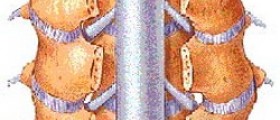
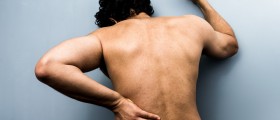
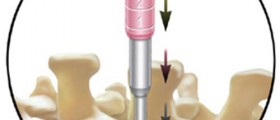
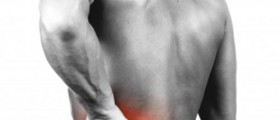
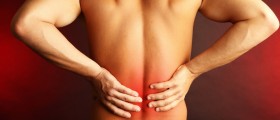
-Causes,-Symptoms,-Diagnosis,-Treatment_f_280x120.jpg)
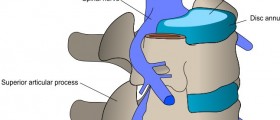
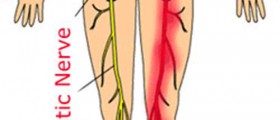
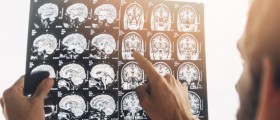
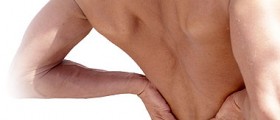
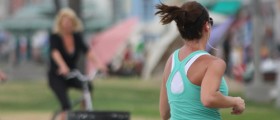

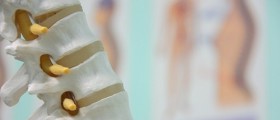
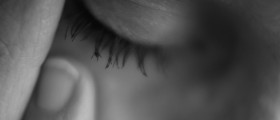
Your thoughts on this
Loading...